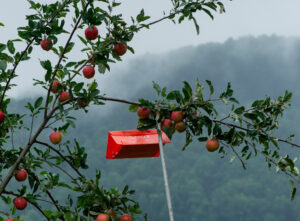
WNC Orchard Insect Pest Populations - August 19, 2025
Codling moth and oriental fruit moth (OFM): With the exception of locations that have had high codling moth problems …



El inglés es el idioma de control de esta página. En la medida en que haya algún conflicto entre la traducción al inglés y la traducción, el inglés prevalece.
Al hacer clic en el enlace de traducción se activa un servicio de traducción gratuito para convertir la página al español. Al igual que con cualquier traducción por Internet, la conversión no es sensible al contexto y puede que no traduzca el texto en su significado original. NC State Extension no garantiza la exactitud del texto traducido. Por favor, tenga en cuenta que algunas aplicaciones y/o servicios pueden no funcionar como se espera cuando se traducen.
Inglês é o idioma de controle desta página. Na medida que haja algum conflito entre o texto original em Inglês e a tradução, o Inglês prevalece.
Ao clicar no link de tradução, um serviço gratuito de tradução será ativado para converter a página para o Português. Como em qualquer tradução pela internet, a conversão não é sensivel ao contexto e pode não ocorrer a tradução para o significado orginal. O serviço de Extensão da Carolina do Norte (NC State Extension) não garante a exatidão do texto traduzido. Por favor, observe que algumas funções ou serviços podem não funcionar como esperado após a tradução.
English is the controlling language of this page. To the extent there is any conflict between the English text and the translation, English controls.
Clicking on the translation link activates a free translation service to convert the page to Spanish. As with any Internet translation, the conversion is not context-sensitive and may not translate the text to its original meaning. NC State Extension does not guarantee the accuracy of the translated text. Please note that some applications and/or services may not function as expected when translated.
Collapse ▲
Codling moth and oriental fruit moth (OFM): With the exception of locations that have had high codling moth problems …
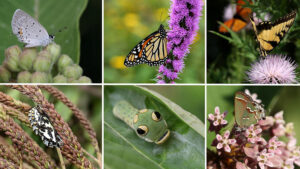
Carolina Butterfly Society Symposium 2025 Saturday, September 13 9:00 a.m. – 4:30 p.m. Location: Stanford M. Adams Training Facility at Jordan Lake 2832 Big …

Fall tours of North Carolina Cooperative Extension’s Pollinator Paradise Demonstration Garden in Pittsboro start in early September! The garden features over …

During the past week, codling moth and apple maggot numbers in traps have slightly declined, oriental fruit moth (OFM) …

As the blueberry summer season ends, most pruning has been conducted, and fall and winter preparations are underway; there …
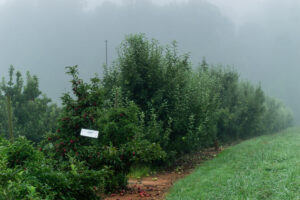
The recent cool weather has slowed insect development, and consequently not much has changed in the past week. Codling …
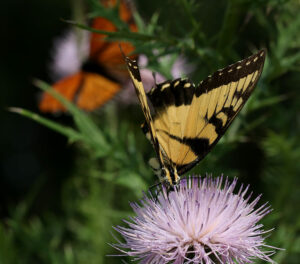
This workshop is SOLD OUT! Email Debbie to get on her email list to learn about future workshops. Back by …

As August approaches, apple insect activity continues to pick up. Although many orchards still have low pest pressure, codling …

Hosted in partnership with the N.C. State University Food Innovation Lab, this hybrid-course is designed to help beginning, small, …
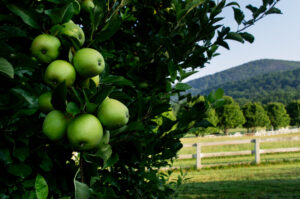
As we move into the latter part of July and into August, the diversity of potential insect pests will …

Cooperative Extension’s Pollinator Paradise Demonstration Garden was created in late 2008 at Chatham Mills in Pittsboro to provide forage …

Codling moth: At 1600 cumulative degree days (DD), we are in the midst of second generation codling moth in …

Second generation codling moth is the main insect of concern this week, with first generation brown marmorated stink bug …
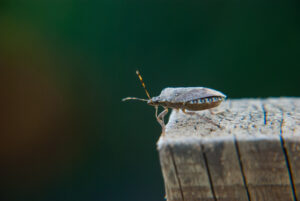
Codling Moth: In lower elevation orchards (i.e., those ranging from about 800 to 1300 ft) an insecticide targeting second …
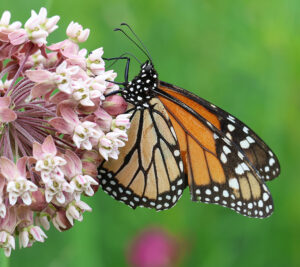
Cooperative Extension’s Pollinator Paradise Demonstration Garden was created in late 2008 at Chatham Mills in Pittsboro to provide forage …

In Henderson County and similar elevations, first generation codling moth flight is complete, and second generation flight is not …
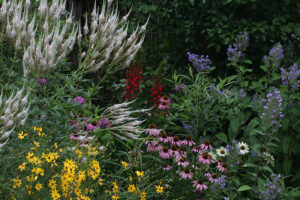
Summer tours of North Carolina Cooperative Extension’s Pollinator Paradise Demonstration Garden in Pittsboro start in early July! The garden features over …
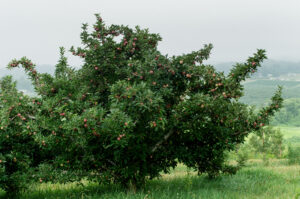
Codling Moth: Throughout the region we remain in that window where codling moth is between generations, and unless there …

Depending on elevation, we are either approaching or in that period when most major pests exhibit a low potential …
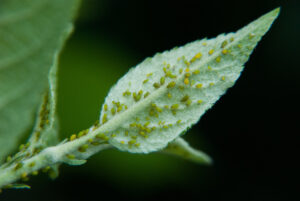
In orchards at elevations of about 2000 ft or higher (e.g., Henderson County), this week should see the last …
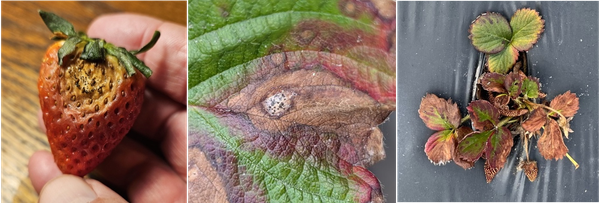
NC State conducted a strawberry Neopestalotiopsis (Neo-P) trial at the Horticultural Crops Research Station in …

This publication discusses flying unmanned aerial vehicles (drones, model aircraft) for commercial purposes. You'll learn …

This publication reviews research between the late 2000s and the 2020s to explore trends shaped …
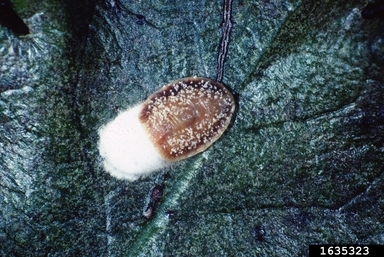
This article will cover two important scale insect pests of blueberries in North Carolina, terrapin …
Much success in growing tomatoes can be attributed to use of a few proven techniques. …
This publication discusses growing and harvesting head lettuce, the most important salad vegetable grown in …
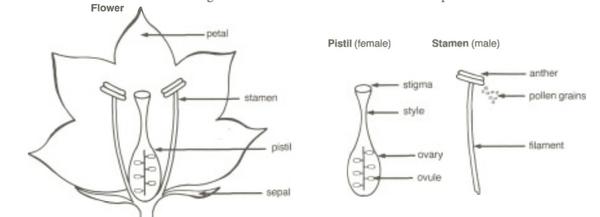
This guide presents basic facts about seeds, including how they develop, how to store and …
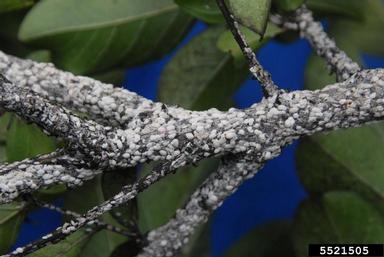
Crape Myrtle Bark Scale (CMBS), Acanthococcus lagerstroemiae, is an exotic insect pest that feeds only …